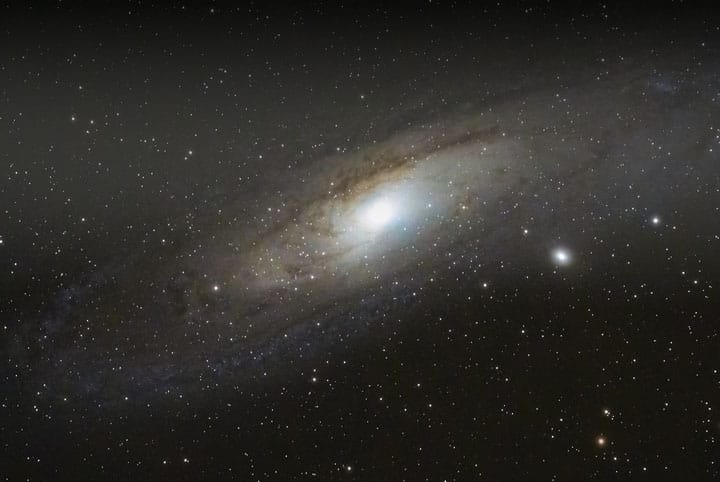In this life, we often stand on two opposing sides: as victims demanding justice, and as judges judging who is guilty. However, what happens when humans try to "judge God"? What is our basis for questioning His wisdom, especially when life feels unfair?"
The ancient Greek philosopher, Socrates, once said that "true wisdom is knowing that we do not know." But in suffering, this wisdom often collapses. We feel we know enough to accuse God of being wrong, or at the very least, negligent. In the passage Job 34:1–15, Elihu appears not simply as an arbiter, but as a loud voice reminding man of his limits” and asking the intriguing question, "who is man that he can judge the Creator?
Elihu opens his statement by inviting "the wise" and those who know "what is just" (verse 2 & 4) to judge Job's case fairly. He does not want conclusions to be drawn on the basis of mere assumptions or sympathies, but through justifiable principles of justice. In this case, Elihu places himself in the position of arbitrator, and even challenges his listeners to determine together what is good. A call to reason and clear discernment.
However, immediately afterward, Elihu quotes Job's claim: "I was righteous, but God took away my right" (verse 5). With this, Elihu considers Job to have crossed the line. He not only questions God's justice, but implies that God has acted wrongly — even arbitrarily. To Elihu, this was a form of insubordination that could not be tolerated (verse 7 –9). He even accuses Job of "gulping down blasphemy like water" (verse 7), a sharp description of the depth of Job's protest that he feels is close to blasphemy.
The center of Elihu's argument lies in verse 12, that "Indeed, God does not deal treacherously, the Almighty does not bend justice." This is not only a theological doctrine, but also an existential cry, if God is unjust, then the universe collapses. God is the moral foundation of the universe. If He "perverts the law," then we live in a world without axis and hope.
Furthermore, in verse 13 –15, Elihu emphasizes God's absolute authority over life and death. If God decides to draw His breath from mankind, then all will return to dust. Man is not the decider of his own life. We live because of His grace. Therefore, questioning God's justice without an awareness of our position is just blinding theological arrogance.
I wish we could see this passage, not as an invitation to silence suffering or erase questions born out of hurt. Given that throughout the narrative we have read, Job shows that there is always room for lament and faith struggles. However, through the voice of Elihu, we are reminded that dialoguing with God is not the same as judging Him. There is a fine line between complaining to God and demanding that God submit to our logic. In the midst of a world full of injustice and suffering, we are sometimes tempted to judge God's decisions. And so, Elihu invites us to return to bowing, not blindly, but with the realization that true wisdom does not erase questions, but rather places us in a position of humility before the One who knows best.

























